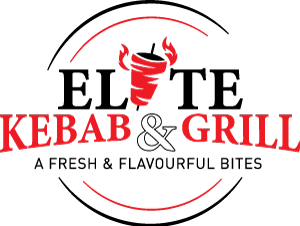The Maturation of Google Search: From Keywords to AI-Powered Answers
The Maturation of Google Search: From Keywords to AI-Powered Answers
Dating back to its 1998 inception, Google Search has progressed from a primitive keyword searcher into a intelligent, AI-driven answer machine. At launch, Google’s breakthrough was PageRank, which weighted pages depending on the worth and amount of inbound links. This moved the web past keyword stuffing in the direction of content that gained trust and citations.
As the internet broadened and mobile devices proliferated, search usage adjusted. Google implemented universal search to fuse results (updates, visuals, films) and afterwards concentrated on mobile-first indexing to represent how people practically browse. Voice queries leveraging Google Now and later Google Assistant pressured the system to analyze colloquial, context-rich questions as opposed to laconic keyword strings.
The upcoming breakthrough was machine learning. With RankBrain, Google undertook analyzing historically undiscovered queries and user meaning. BERT enhanced this by processing the complexity of natural language—prepositions, scope, and dynamics between words—so results more effectively aligned with what people conveyed, not just what they submitted. MUM grew understanding among languages and representations, giving the ability to the engine to connect linked ideas and media types in more developed ways.
Nowadays, generative AI is revolutionizing the results page. Tests like AI Overviews blend information from myriad sources to furnish concise, meaningful answers, frequently featuring citations and follow-up suggestions. This reduces the need to go to diverse links to gather an understanding, while even then steering users to richer resources when they wish to explore.
For users, this growth represents hastened, more focused answers. For publishers and businesses, it appreciates richness, authenticity, and understandability ahead of shortcuts. Moving forward, count on search to become steadily multimodal—seamlessly consolidating text, images, and video—and more adaptive, calibrating to preferences and tasks. The trek from keywords to AI-powered answers is basically about reimagining search from sourcing pages to accomplishing tasks.

